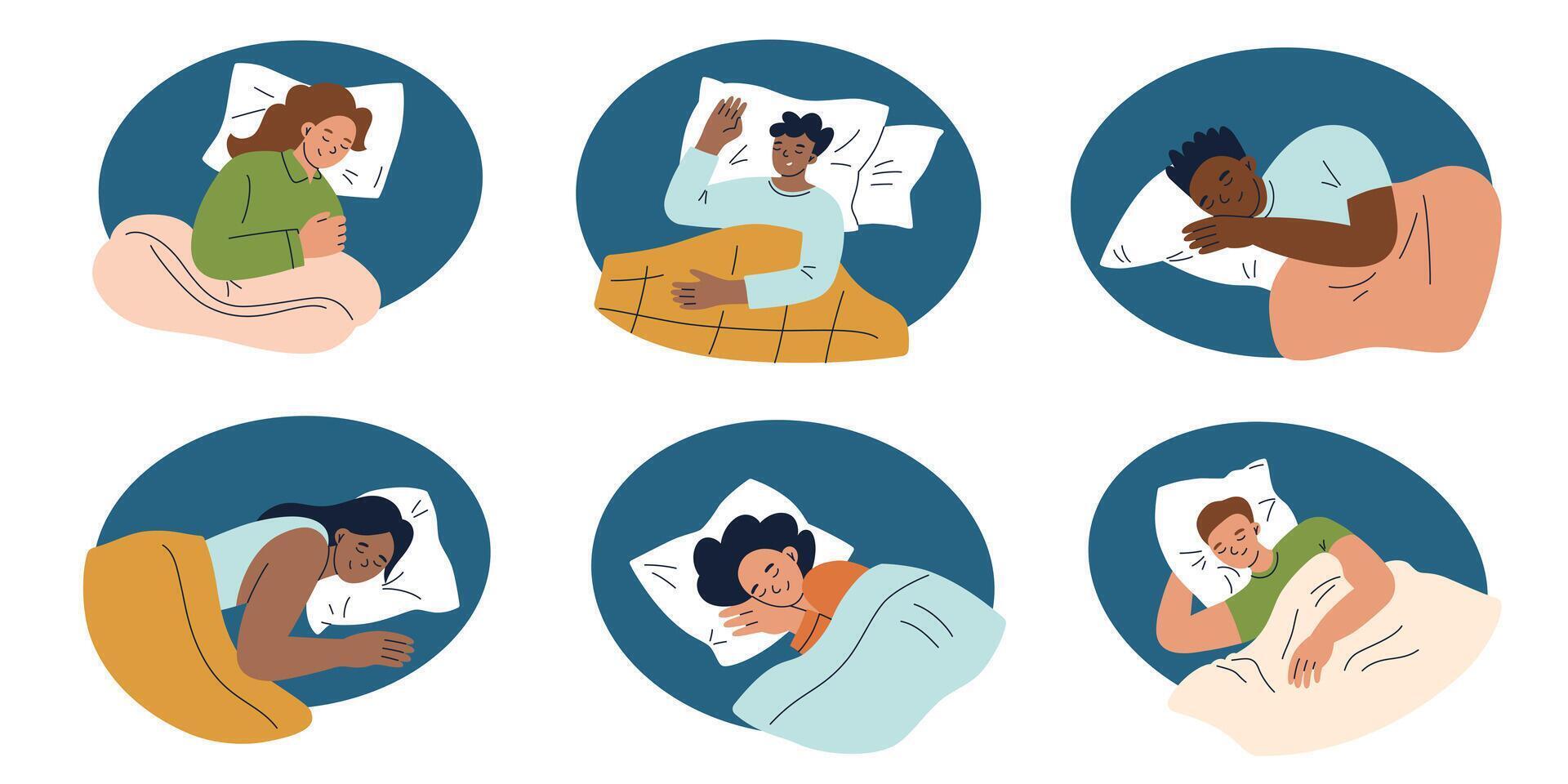The intricate relationship between our internal ecosystem of bacteria, viruses, and fungi—collectively known as the microbiome—and our overall health is a rapidly growing field of research. One of the most intriguing connections scientists are exploring is how the composition of our gut and oral microbiomes can directly impact the quality and duration of our sleep. This isn’t just a one-way street; it’s a bidirectional relationship. Our sleep patterns can influence our microbial communities. In turn, those microbes can affect how well we rest. This emerging science suggests that the future of treating sleep disorders might not lie in traditional sleeping pills. Instead, we might leverage the power of our friendly bacteria to regulate our body’s internal clock, or circadian rhythm.
Recent studies have provided compelling evidence for this connection. For instance, research presented at a sleep science conference found that young adults with a more diverse range of microbes in their mouths tended to get more sleep. Similarly, people diagnosed with chronic insomnia often have lower bacterial diversity in their guts. This condition is typically associated with a less healthy immune system. This lack of microbial variety has also been linked to metabolic issues, which can increase the risk of conditions like diabetes and obesity. Both of these are common in individuals with disrupted sleep schedules, such as shift workers. This growing body of research suggests that the health of our microbial community is a critical, yet often overlooked, factor in achieving restorative sleep. For more detailed information on health and wellness, you can explore the resources at Healthline.
The Role of Diet and Microbes in Regulating Sleep Cycles
While it’s known that poor sleep can lead to unhealthy dietary choices—such as increased sugar intake—which then affect the microbiome, researchers believe this is not the full story. Studies have shown that some microbes play a more direct role in influencing our sleep. For example, specific groups of bacteria, such as Firmicutes, have been found to correlate with various sleep metrics. Some of these bacteria may actively improve sleep, while others can impair it. One of the key ways this happens is through the production of neurotransmitters and other chemical compounds. The gut is a major producer of substances like serotonin and dopamine. These are crucial for mood regulation and sleep. When the balance of these microbes is off, it can lead to a decrease in these beneficial chemicals. There can also be an increase in inflammatory molecules, which can disrupt the brain’s circadian rhythms.
The influence of these microbes has been demonstrated in a fascinating way through fecal transplants. In one study, scientists transplanted gut microbes from humans with jetlag and insomnia into mice. The mice subsequently developed insomnia-like behaviors. They became more active during their normal sleeping hours. Conversely, other studies in humans have shown that fecal transplants could help improve the sleep of patients with chronic insomnia. This suggests that directly altering the microbial community could be a viable therapeutic strategy. This area of science is still in its early stages, but it offers a tantalizing glimpse into a new frontier of personalized medicine. You can learn more about the science of the human body and its systems by visiting The Mayo Clinic.
Probiotics, Prebiotics, and Future Treatments for Sleep Disorders
Given the strong link between the microbiome and sleep, a logical next step for researchers is to explore the use of probiotics and prebiotics to treat sleep disturbances. Probiotics are live, beneficial bacteria administered in pill form or through certain foods. Prebiotics are non-digestible food ingredients that selectively feed good bacteria. A study on medical students, for example, found that a specific probiotic strain, Lactobacillus casei Shirota, improved sleep quality during a stressful period. This finding highlights the potential for targeted bacterial interventions.
In another large-scale study, participants who consumed a prebiotic blend showed self-reported improvements in their sleep compared to a control group. While more research is needed, particularly with objective sleep measurements, these initial findings are very promising. Beyond the gut, the oral microbiome also plays a significant role. An imbalance in oral microbes can lead to heightened inflammation, which may contribute to conditions like obstructive sleep apnea, a sleep disorder where breathing is repeatedly interrupted.
Targeting these microbial communities could offer new, non-invasive ways to address a wide range of sleep-related issues. For a deeper dive into the world of bacteria and their functions, you can check out the information provided by the American Society for Microbiology. The path to better sleep might just begin with taking better care of the trillions of tiny organisms living inside us. To explore more about the impact of nutrition, visit The Academy of Nutrition and Dietetics.







